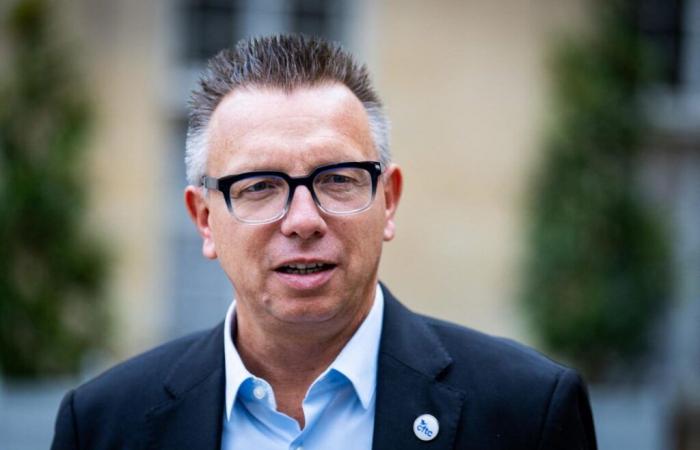The Cross : The format of « conclave », announced by François Bayrou for employer and union representatives to renegotiate the pension reform, does it have a chance of succeeding?
Cyril Chabanier: The most important thing is not the format but that this question of pension reform is put back on the table, that we give control back to the social partners and, above all, that all the subjects are negotiable, including the step back from the legal age of departure to 64 years.
Then, it is true that I prefer fairly tight and intensive negotiations. When we negotiate, there can often be two and a half months between each meeting and we have to start from the beginning each time… When they are closer, we move faster. So this form of conclave, very intensive, can allow us not to go back at each meeting. But the most important thing will be to succeed and succeed. We all have an interest in it.
What will be the most complicated subjects?
C. C. : It will not be a simple negotiation, but I think that on a subject like arduousness, and having discussed it including with employers, developments are possible. We all agree that there is work to be done on professional wear and tear, arduousness, but also on gender equality. We can even improve things on long careers. In fact, the main sticking point between employer and union organizations will be the question of financing.
François Bayrou highlights the question of the cost of public pensions: the famous “30 billion euros” that he put forward as high commissioner for planning. Will this play a role in the negotiation?
C. C. : This is a central question. But we will come together first to find an inter-professional agreement: by definition, this therefore concerns the private sector. If we are asked to find an agreement with a view to a fairer system for which we must make between 10 and 15 billion savings, which was the framework of the previous reform, I think we can achieve something.
Now, if we are asked to make 45 billion savings in the private sector to finance the public pension deficit, then there is no point even starting negotiations because there is no chance of success.
We must therefore leave everyone's responsibility: to the social partners to deal with the issue of private sector employees, and to the State to see what it is possible to negotiate for its agents. For this, there is a minister of the public service and public service unions. In addition, if we open the public pension file, then we will also have to open the special regime file.
Should we go so far as to review, as Medef President Patrick Martin suggested, the entire financing of social protection?
C. C. : I prefer to be careful on this point because it often comes down to looking at who pays what: “Review our social protection system” often means revising it downwards. But I have no problem with optimizing it. Most of the time, we plan a system before changing the direction: such a measure must finance such a decision and, in the end, the money taken goes elsewhere. This is what needs to be reviewed and, on this, I am open to discussion.






